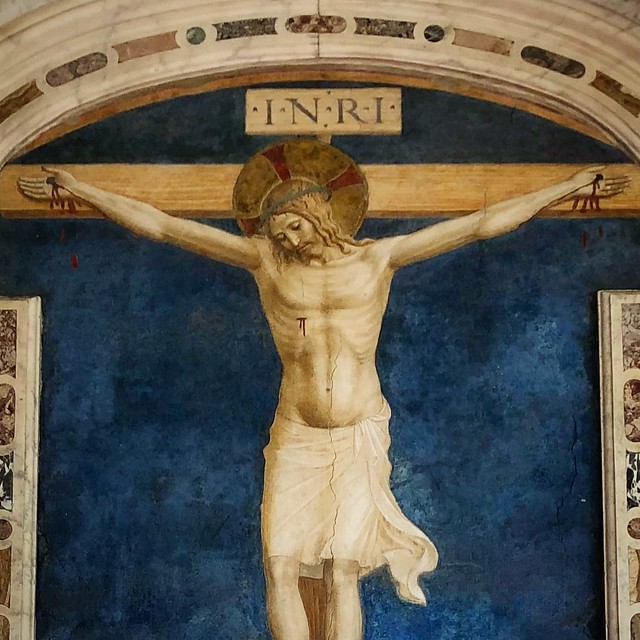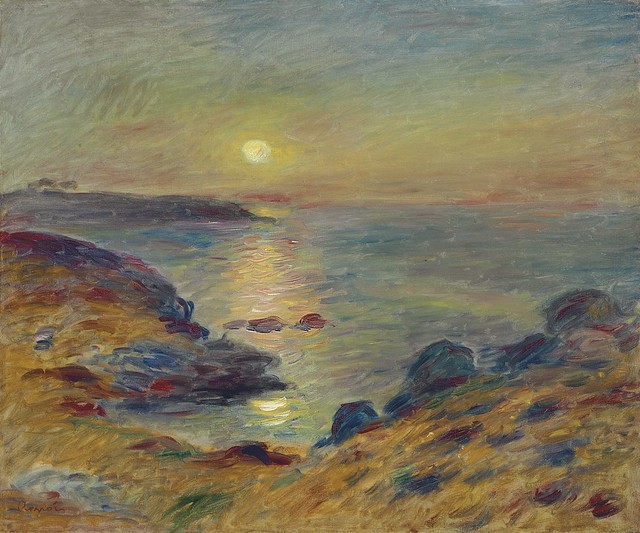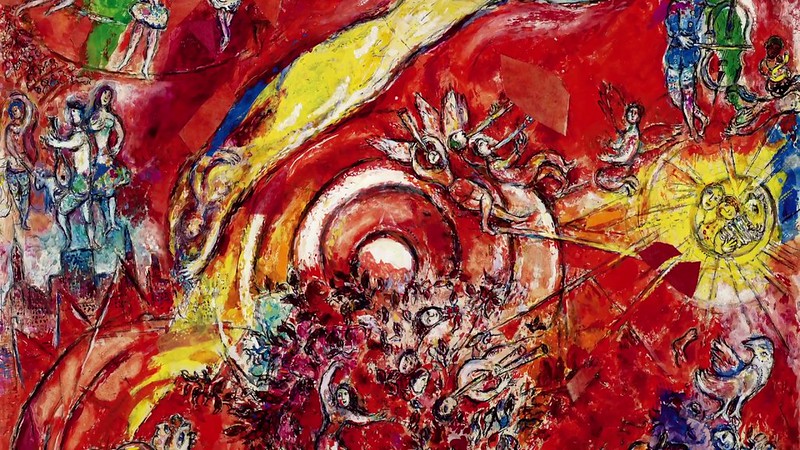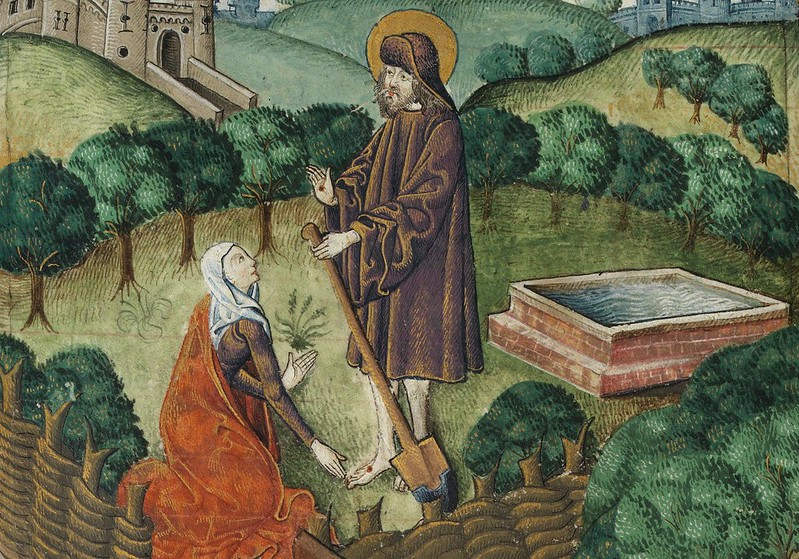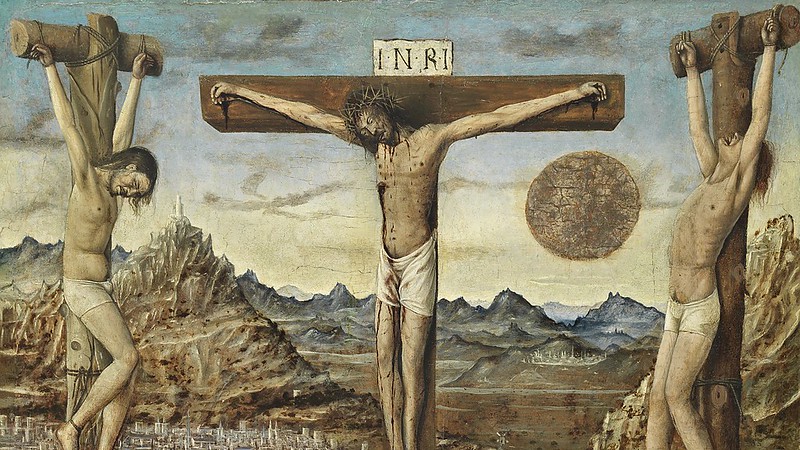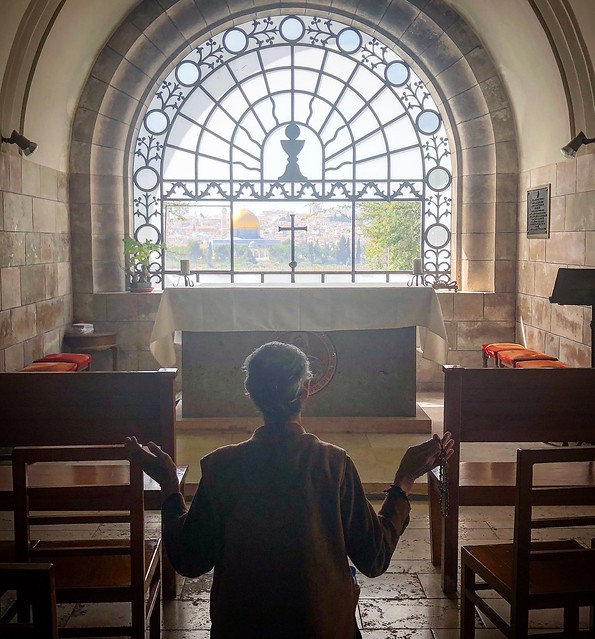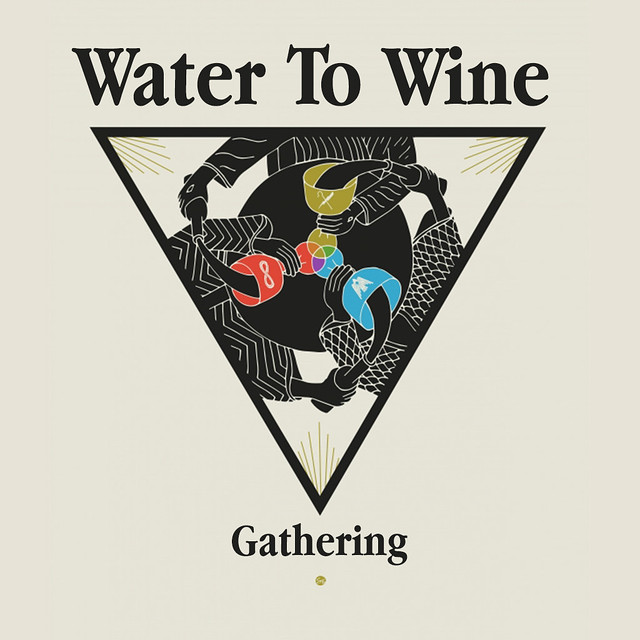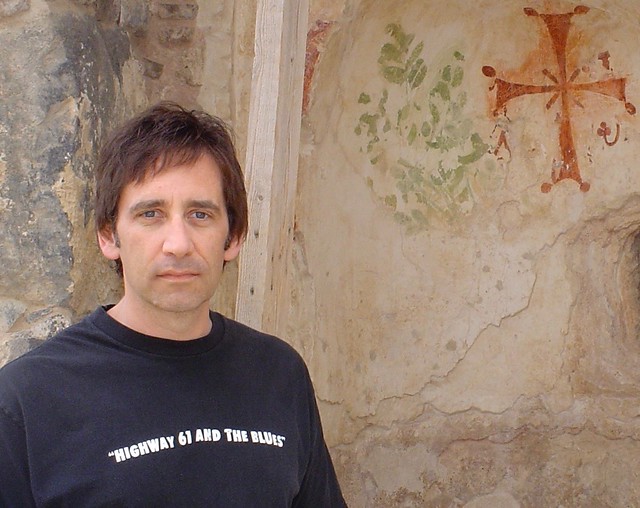Christ and the Vilified Other (My Address to Christ at the Checkpoint)
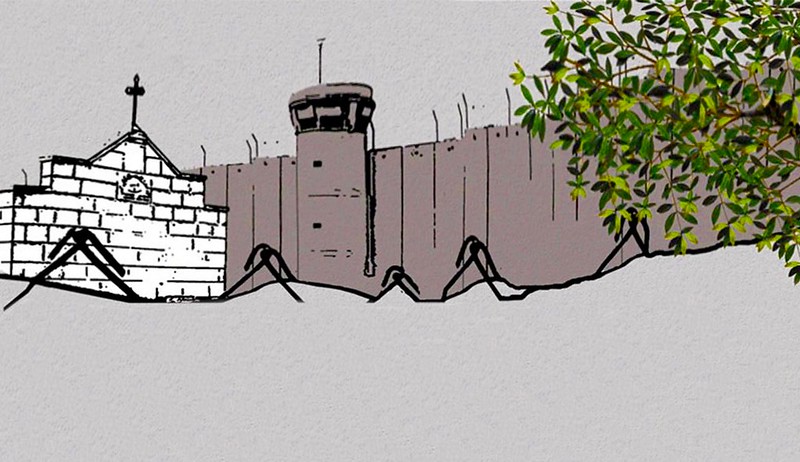
Last week Peri and I attended Christ at the Checkpoint in Bethlehem — a biennial evangelical conference sponsored by Bethlehem Bible College. Peri has posted some of her musings regarding the conference, which I encourage you to read. I would also encourage you to read the Christ at the Checkpoint Manifesto.
I’m sharing the address I presented at the conference on Christ and the Vilified Other. This is not a transcript; neither is it a manuscript (I don’t speak from a manuscript). But this is very close in substance to what I said at the conference. I can only hope it will be as well-received here as it was in Bethlehem.
BZ
Christ and the Vilified Other
Brian Zahnd
Let me begin by talking about the land, the Holy Land, the land of the Bible. Geography played a significant role in shaping ancient Hebrew ethics and theology. Situated between the northern and southern superpowers of the ancient Near East, Israel lived under constant threat of invasion and occupation from these economic and military empires.
(In my writing and preaching I frequently reference empire. Allow me to give a definition. Empires are rich, powerful nations that believe they have a divine right to rule other nations and a manifest destiny to shape history. The Bible gives a sustained critique of empire from Genesis to Revelation — particularly in Genesis, Exodus, Isaiah, Jeremiah, Daniel, the Gospels, Acts, and especially Revelation. Empires are an enemy of God’s purposes because what they claim for themselves — a manifest destiny to shape history and a divine right to rule other nations — is the very thing God has promised to his Son.)
Read more
